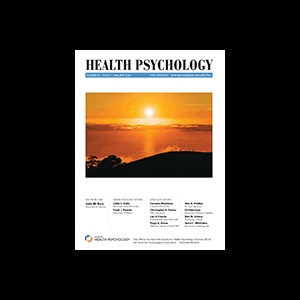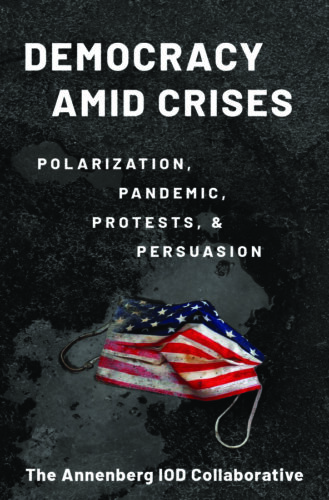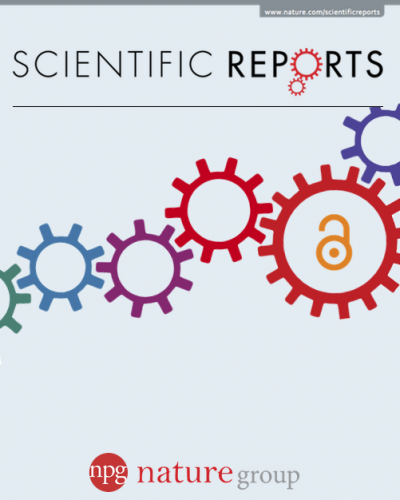The Annenberg Public Policy Center has received support from the Robert Wood Johnson Foundation to expand a new model for blunting the impact of deceptive claims about health.
Science communication

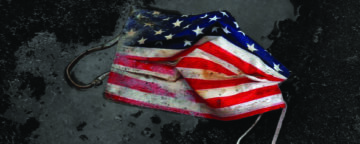
‘Democracy Amid Crises’: How Polarization, Pandemic, Protests, and Persuasion Shaped the 2020 Election
In Democracy Amid Crises: Polarization, Pandemic, Protests, and Persuasion, a team of scholars assembled by APPC provide a data-rich analysis of the impact of four interlocking crises on the 2020 election and its aftermath.

The Whoppers of ’22: FactCheck.org Reviews the Year’s Worst Political and Viral Deceptions
FactCheck.org has released its list of the Whoppers of '22, its annual review of the year's worst political and viral deceptions. Political appeals to fear were as popular as ever -- and Covid-19 misinformation continued to be a huge problem online.
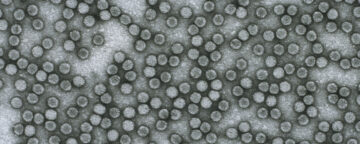
What U.S. Adults Know and Believe About Polio and the Bivalent Covid Booster
The latest Annenberg Science Knowledge (ASK) national panel survey examines public knowledge and beliefs about the poliovirus, the bivalent Covid-19 vaccine booster, monkeypox, and other matters of public health.

Commentary: The Impacts of Non-Violent, Disruptive Climate Change Protests
Penn climate scientist Michael Mann and APPC's Shawn Patterson, Jr., draw on survey research to explore the impacts of non-violent, disruptive protests on public perceptions of climate change.

Pre-Pandemic Conspiratorial Mindset Predicted Hesitance to Accept Covid-19 Vaccine
A new panel study from APPC researchers shows that people who evinced a conspiracy mentality in 2019, prior to the pandemic, were subsequently more likely to believe Covid-19 conspiracy theories.

Annenberg Debuts Science and Public Health Knowledge Monitor
APPC is launching a science and health knowledge monitor comprising quarterly survey reports to track national levels of health knowledge and misinformation over time.
